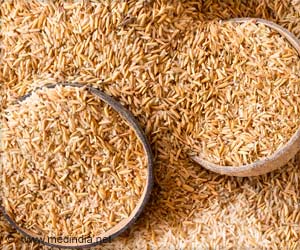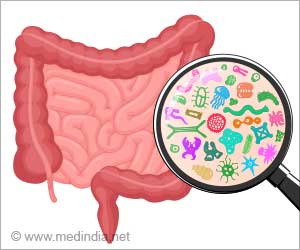Food networks centered on processed meats, potatoes and snacks were found to increase dementia risk, stated new study.

‘Frequency with which processed meat is combined with other unhealthy foods, rather than average quantity, may be important for dementia risk.’





The study involved 209 people with an average age of 78 who had dementia and 418 people, matched for age, sex and educational level, who did not have dementia. Participants had completed a food questionnaire five years previously describing what types of food they ate over the year, and how frequently, from less than once a month to more than four times a day. They also had medical checkups every two to three years. Researchers used the data from the food questionnaire to compare what foods were often eaten together by the patients with and without dementia.
Researchers found while there were few differences in the amount of individual foods that people ate, overall food groups or networks differed substantially between people who had dementia and those who did not have dementia.
"Processed meats were a "hub" in the food networks of people with dementia," said Samieri. "People who developed dementia were more likely to combine highly processed meats such as sausages, cured meats and patés with starchy foods like potatoes, alcohol, and snacks like cookies and cakes. For example, people with dementia were more likely, when they ate processed meat, to accompany it with potatoes and people without dementia were more likely to accompany meat with more diverse foods, including fruit and vegetables and seafood."
Overall, people who did not have dementia were more likely to have a lot of diversity in their diet, demonstrated by many small food networks that usually included healthier foods, such as fruit and vegetables, seafood, poultry or meats.
Advertisements
One limitation of the study was that participants completed a food questionnaire that relied on their ability to accurately recall diet rather than having researchers monitor their diets. Another limitation was that diets were only recorded once, years before the onset of dementia, so any changes in diet over time were unknown.
Advertisements













